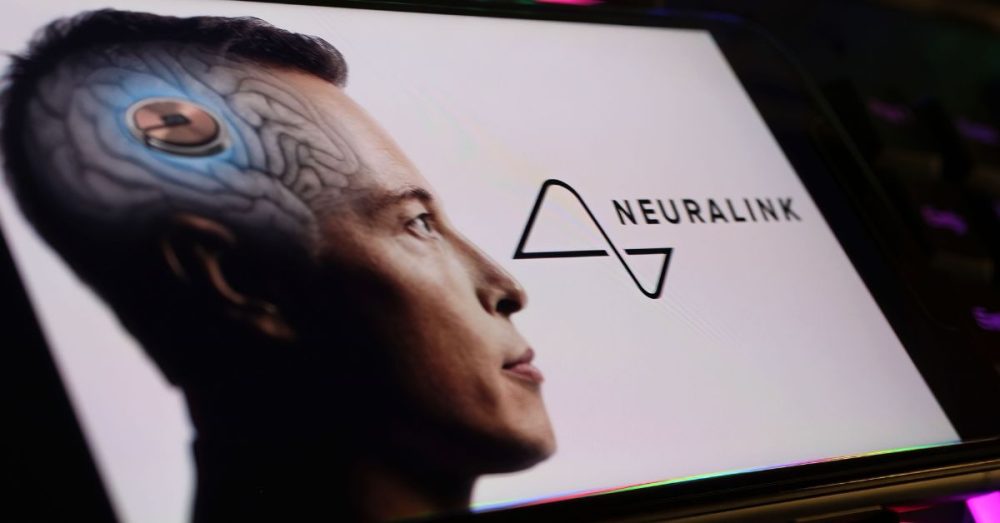Elon Musk’s brain implant venture, Neuralink, is gearing up to place an implant in a second human patient soon, as Musk revealed in a recent update online.
“I think cybernetic superpowers are likely in the future,” Musk posted on July 11.
The tech visionary has boasted about ambitious goals for the company, envisioning a future where Neuralink grants users “cybernetic superpowers,” allowing them to control robots and even prosthetic limbs using their brains.
In a series of announcements via social media, Musk outlined Neuralink’s business plan and overall trajectory, emphasizing its potential to revolutionize healthcare by treating conditions like epilepsy and paralysis.
Although the first patient’s implant developed problems soon after surgery, Musk expressed confidence that technical challenges could be overcome through improvements designed to stabilize future implants.
The first patient to receive a Neuralink implant was Noland Arbaugh, 30, who became paralyzed below the neck following a swimming accident years ago. He received the implant in January 2024 and began working with Neuralink’s engineers to train his brain to use it. Utilizing computer programs to interpret the signals from his brain’s neurons, he learned to control a cursor’s movements across a specialized screen.
According to The New York Times, his ability to control the cursor after surgery progressed to the point where he could compete with his stepfather in Mario Kart and engage in late-night sessions of an empire-building video game.
However, after a few weeks, the tendrils connecting the device to his brain began to detach, and his newfound skills began to fade away. Neuralink clinicians advised against surgery to replace the tendrils.
In May, Arbaugh’s setback became public. Despite the initial disappointment from reduced progress, Arbaugh expressed that he found it worthwhile to have played a role in helping Neuralink advance its goal of assisting individuals in recovering speech, sight, or mobility.
“I just want to bring everyone along this journey with me,” he said. “I want to show everyone how amazing this is. And it’s just been so rewarding. So I’m really excited to keep going,” Arbaugh told The New York Times.
Neuralink’s next-generation device promises to double the number of brain connection threads and increase electrode efficiency, hoping to mark a significant milestone in neural interface and medical implant technology.
While Musk’s business predictions are known for their optimism, experts caution that the realization of these advancements, particularly those involving robotic control merged with artificial intelligence, remains a distant medical prospect, reported Forbes.
Transparency concerns also loom, with the company’s updates being sporadic and selective, primarily conveyed through Musk’s public speaking engagements or online social media posts, as Forbes reported.
As reported by The Dallas Express, the U.S. Food & Drug Administration issued guidelines and recommendations to Neuralink in 2021 concerning the company’s first brain chip implants for patients with paralysis or amputation.
The guidelines noted that the field is advancing quickly, transitioning from fundamental breakthroughs to tangible practical applications, as is evident by the upcoming second Neuralink implant.
Musk said the next patient will be implanted with the device within a “week or so.”


